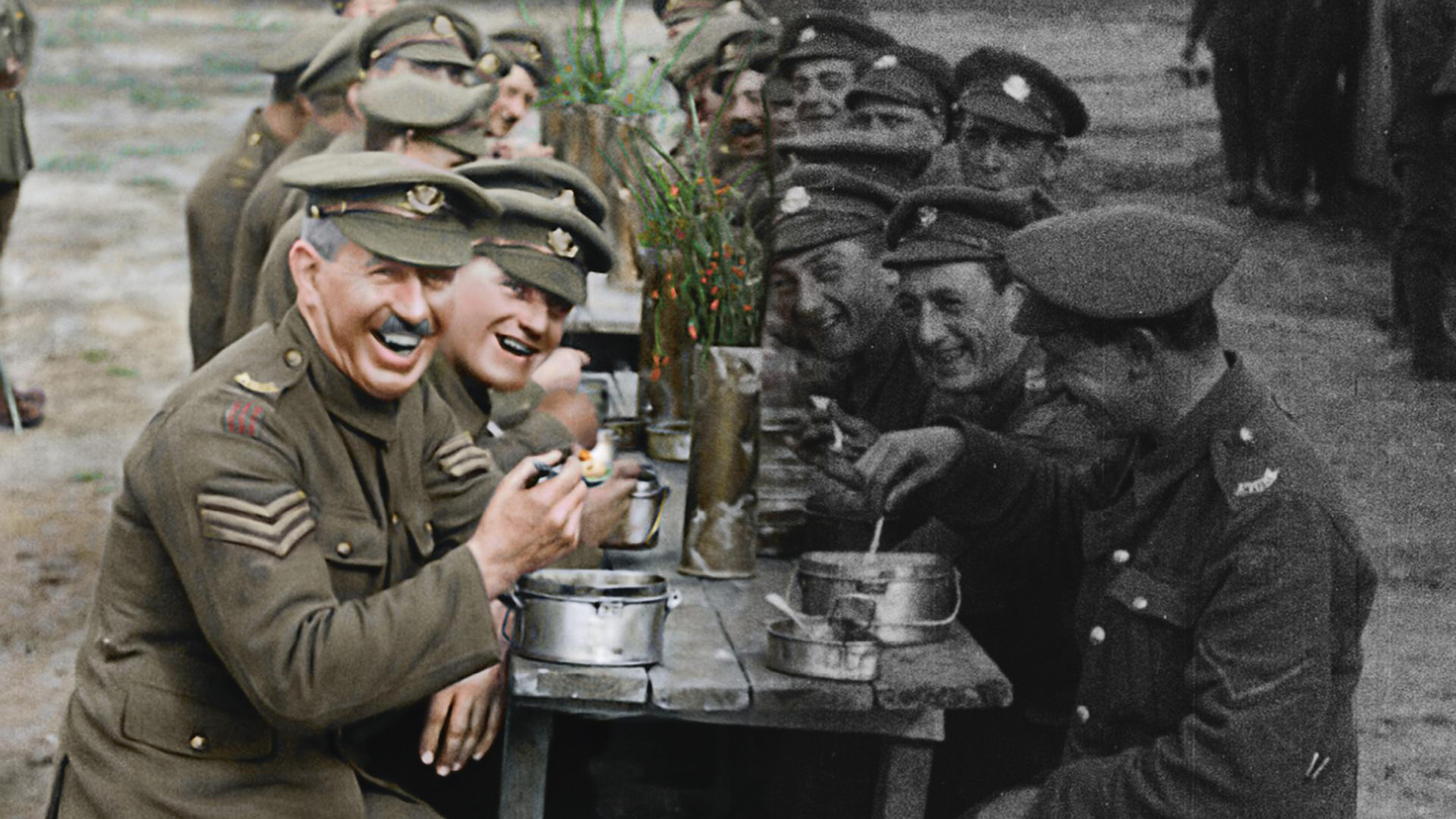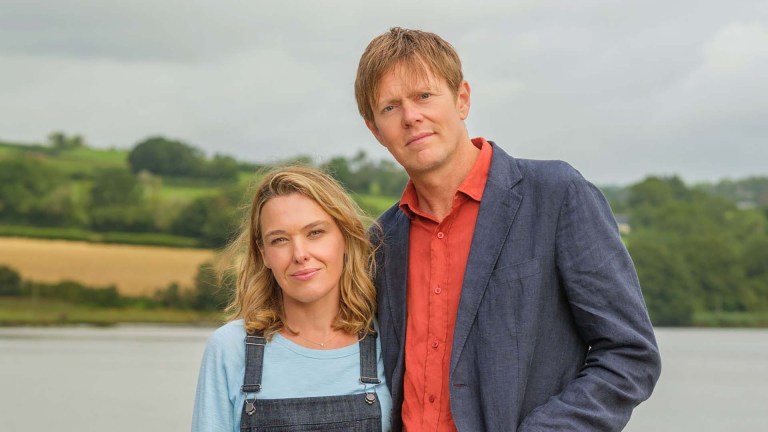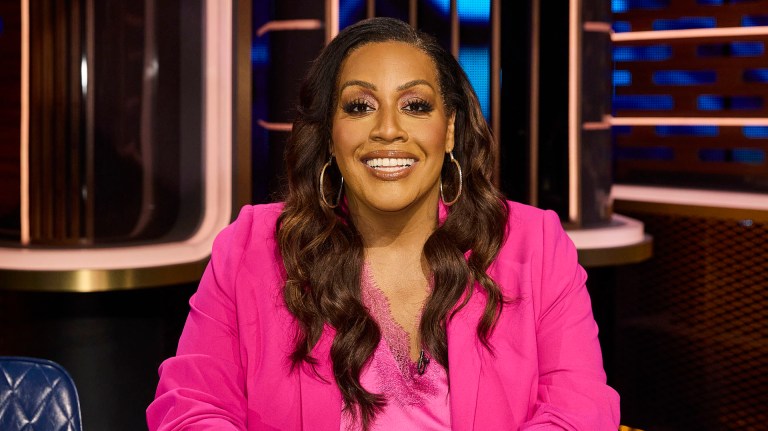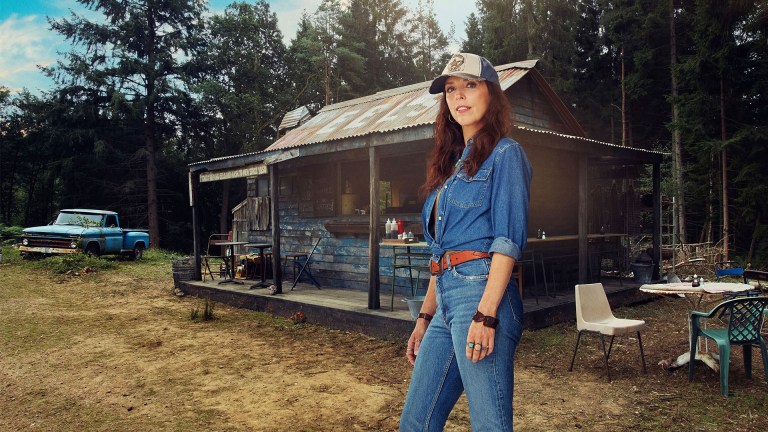I got a C in my history A Level, which was a travesty because I had consistently achieved As in all of my essays over the preceding two years. I was, to quote my teacher Chris Allen, “the best in the class”. Now, admittedly, that wasn’t saying a great deal at my sixth form college in the early Nineties, where most people spent the best part of their days in the common room smoking skunk weed and gawping silently at the wall-mounted TV in the corner that seemed to play the video for Smells Like Teen Spirit on an endless loop. It wasn’t exactly Cheltenham Ladies’ College for Exceptionally Talented Wankers or anything. But still, when it came to history, I was very much a big fish in a small pond.
So, when I say that most of the history documentaries on the BBC are a load of pointless old bollocks, don’t mistake me for an ignorant dope who doesn’t ‘get’ how wonderful and important the colourful fountain of historical learning can be. I appreciate that Peter Jackson’s They Shall Not Grow Old was just what historical programmes should be all about: entertainment, education and, perhaps most of all, fear. It harnessed technology and creative artistry to remind everyone just how real and recent the Great War was – and shit the life out of us about ever having another one like it. Less funny than Blackadder Goes Forth, admittedly, but a cracking show all the same.
History should teach us lessons – and the most powerful lessons are ones rooted in fear
History should teach us lessons – and the most powerful lessons are ones rooted in fear. But why do we need to know about – or fear – what our Neanderthal ancestors spoke like? There is a clip doing the rounds online at the moment from a 2016 BBC doc [The Last Neanderthal] that explored just that very subject. A wildly enthusiastic historian cajoles a peculiarly intense actor called Elliot into impersonating the vocal range of the average caveman. How can either of them possibly know what cavemen sounded like? Well, they reckon they’ve got hold of a fossil of an old voicebox from prehistoric times. But the bigger question is: why should we care? What does it matter how cavemen spoke? What can we learn from speculating as to the vocal range of prehistoric man? How can that knowledge steer us? How will it help us navigate our way shrewdly into the future? It can’t. It’s indulgent learning for the sake of it. And yet this woman has got her own BBC TV show out of the subject. Meanwhile, here’s poor old me, sat at home with a tear-stained history A Level certificate in one hand and a printout of my TV licence in the other, wondering where it all went wrong.










